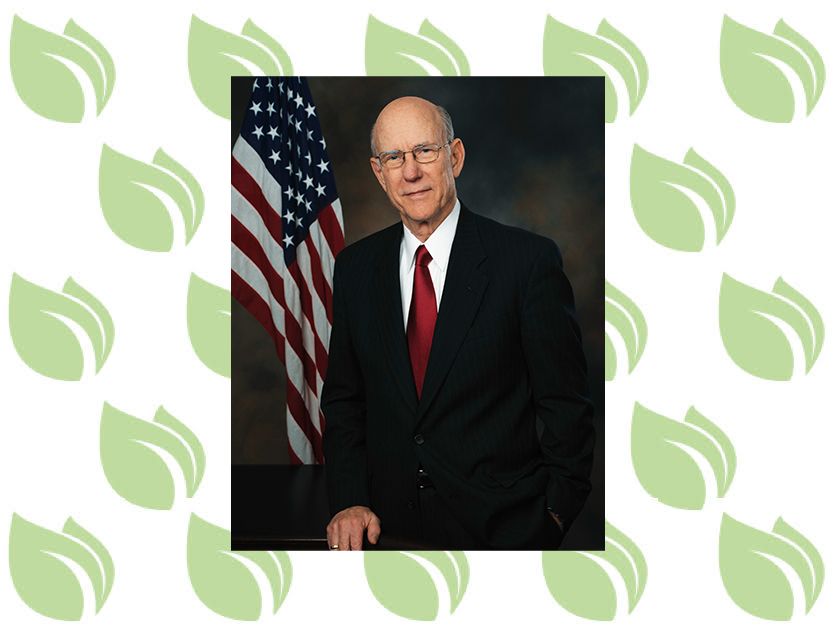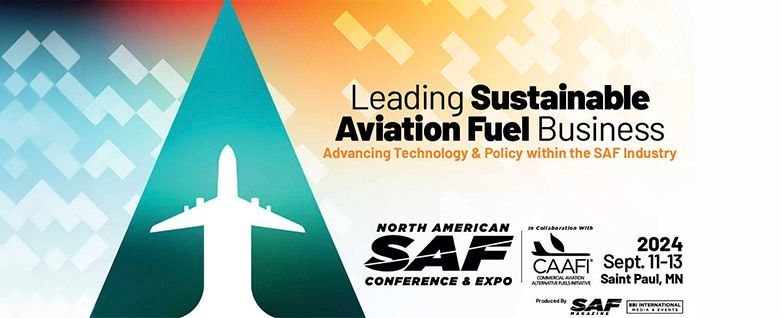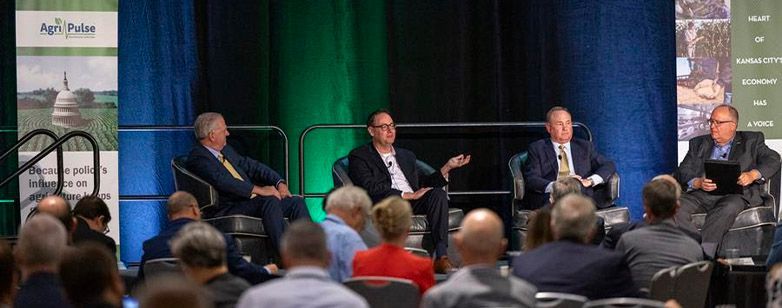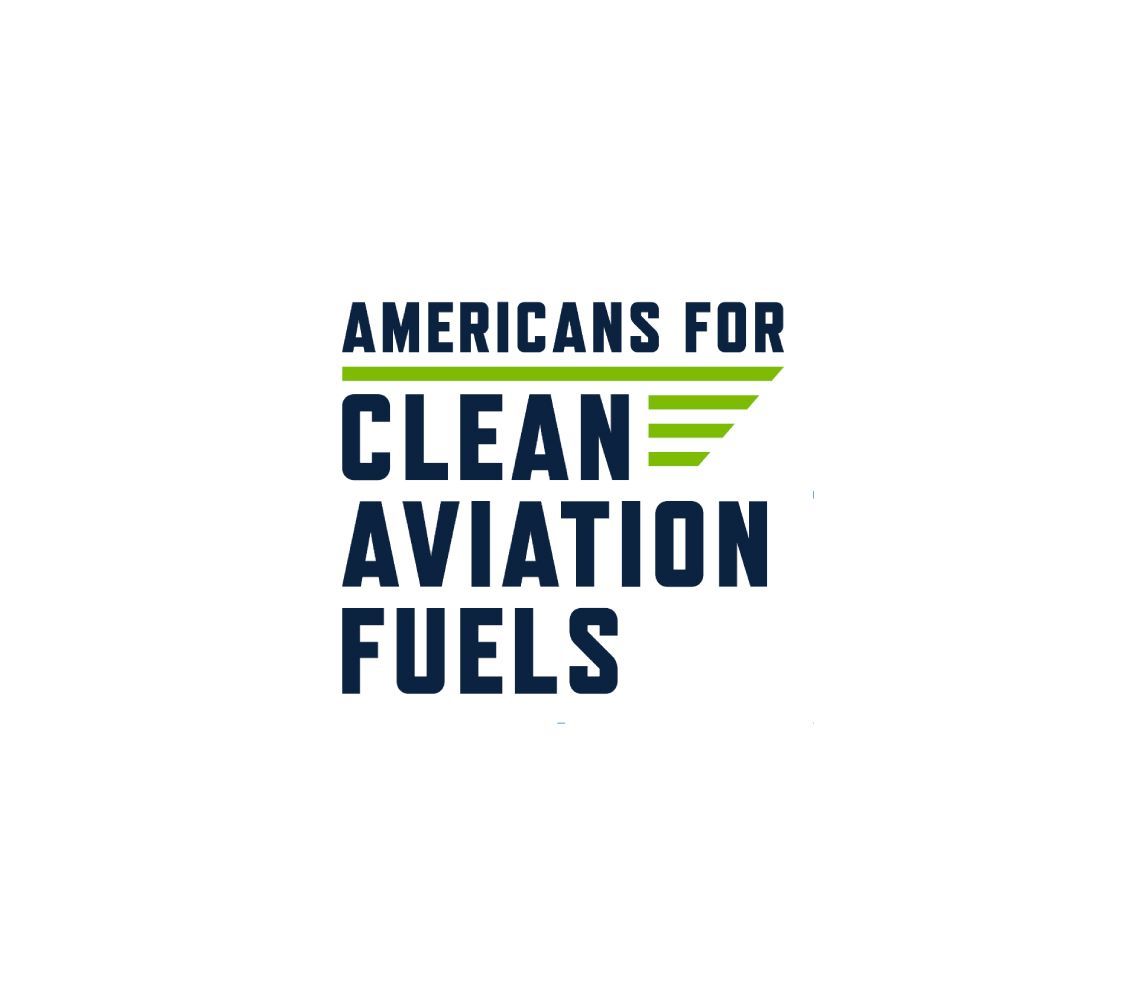ACAF Welcomes Rolls-Royce North America
acaf welcomes rolls-royce North America
WASHINGTON, D.C. - Americans for Clean Aviation (ACAF) today announced the coalition’s addition of Rolls-Royce North America — a leading manufacturer of aero engines and nuclear energy systems. ACAF is the first coalition of the largest industrial sectors in America working to advance policies that drive U.S. investment in clean aviation fuels, particularly sustainable aviation fuel (SAF).
Spanning multiple industry sectors, Rolls-Royce’s breadth strengthens ACAF’s effort to build consensus and momentum for policies that expand the use of clean aviation fuels. With this addition, ACAF is expanding its mission to cover both biomass-based and non-biomass-based feedstocks, representing the entirety of the SAF production value chain needed to decarbonize the aviation sector.
"We are thrilled to join leaders across aviation, agriculture and energy to advocate for policies that support access to clean aviation fuels and help secure America’s energy future," said Matthew MacVicar, vice president of government relations, Rolls-Royce.
“The addition of Rolls-Royce to our growing coalition reflects strong support for building a robust SAF market in the United States,” said Nick Boeyink, states director, Americans for Clean Aviation Fuels. “Scaling up the U.S. SAF market stands to deliver real economic benefits, including the addition of over 400,000 jobs and adding nearly $80 billion to our national GDP by 2035. Rolls-Royce strengthens our diverse coalition and brings an important voice to the discussion on clean aviation fuels by highlighting the future nuclear energy workforce as a key enabler of power-to-liquids or eSAF.”
After completing compatibility testing of 100% SAF across all Rolls-Royce in-production civil aero engine types in 2023, the company now aims to address the availability of clean energy across the aviation energy value chain—an effort partially underpinned by the company’s development of small modular nuclear reactors.
Carbon-free energy generation, like nuclear power, can provide a stable source of high temperature heat and electricity, facilitating the conversion of clean hydrogen, water and captured CO2 into a clean aviation fuel via a process called power-to-liquids (PtL). The end product, commonly referred to as e-Fuel or e-SAF, is a low to no-carbon drop-in replacement for conventional jet fuel. While e-Fuel availability today remains limited to research quantities, expanded PtL production over the next two decades will help backstop the biomass-based SAF supply—bolstering U.S. energy security. Notably, in order for aviation to decarbonize, both biomass-based and non-biomass-based forms of SAF must successfully scale to meet growing demand.
ACAF brings together members from across the full SAF value chain from farmers to fuel producers. Today, SAF is an environmentally sound alternative to conventional jet fuel and can help decarbonize the aviation industry by significantly reducing lifecycle greenhouse gas (GHG) emissions by up to 80% or more.
###
About Rolls-Royce Holdings plc
- Rolls-Royce develops and delivers complex power and propulsion solutions for safety-critical applications in the air, at sea and on land. Our products and service packages enable our customers to connect people, societies, cultures and economies together; they meet the growing need for power generation across multiple industries; and enable governments to equip their armed forces with the power to protect.
- Rolls-Royce has a presence in 48 countries and customers in more than 150, comprising over 250 commercial large aero engine customers, 160 armed forces and navies and approximately 40,000 active Power Systems customers. We are committed to becoming a net zero company by 2050 and we support our customers to do the same.
- Annual underlying revenue was $20.79bn in 2023, underlying operating profit was $2.16bn and free cash flow $1.75bn.
- Rolls-Royce Holdings plc is publicly traded company (LSE: RR., ADR: RYCEY, LEI: 213800EC7997ZBLZJH69)
www.rolls-royce.com
Media Contact:
Mickey Sundermann
mickey@rokksolutions.com
About Americans for Clean Aviation Fuels (ACAF)
ACAF is a dynamic coalition of industry leaders from the aviation, manufacturers, energy, and agriculture sectors, united in their mission to advance the production and adoption of clean aviation fuels. Committed to driving economic growth, reducing emissions, and bolstering national security, ACAF represents a pivotal force in propelling sustainable aviation practices in the U.S. while creating good-paying jobs. For more information about ACAF and to see a list of founding members, please visit www.americansforcleanaviationfuels.com








